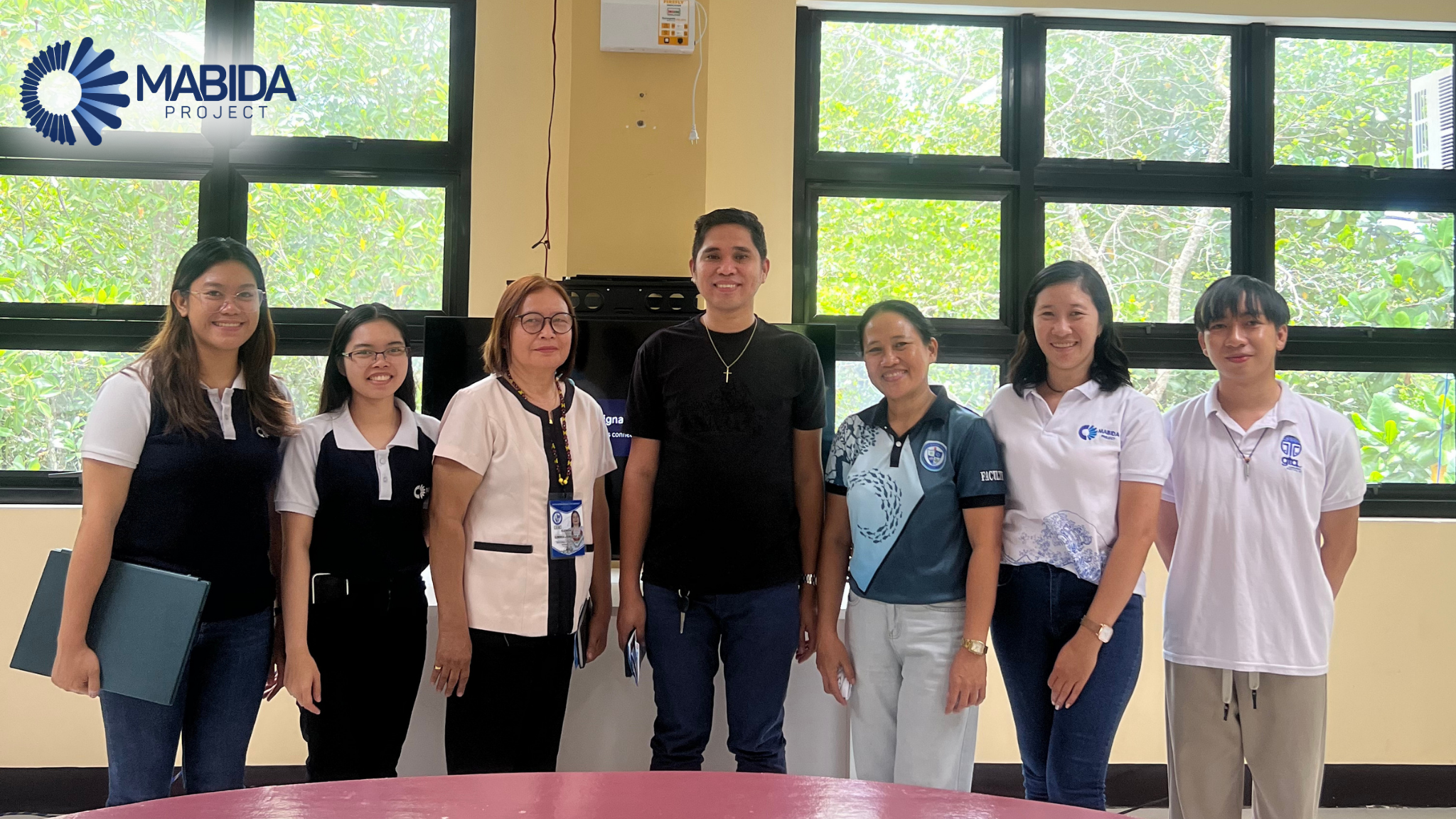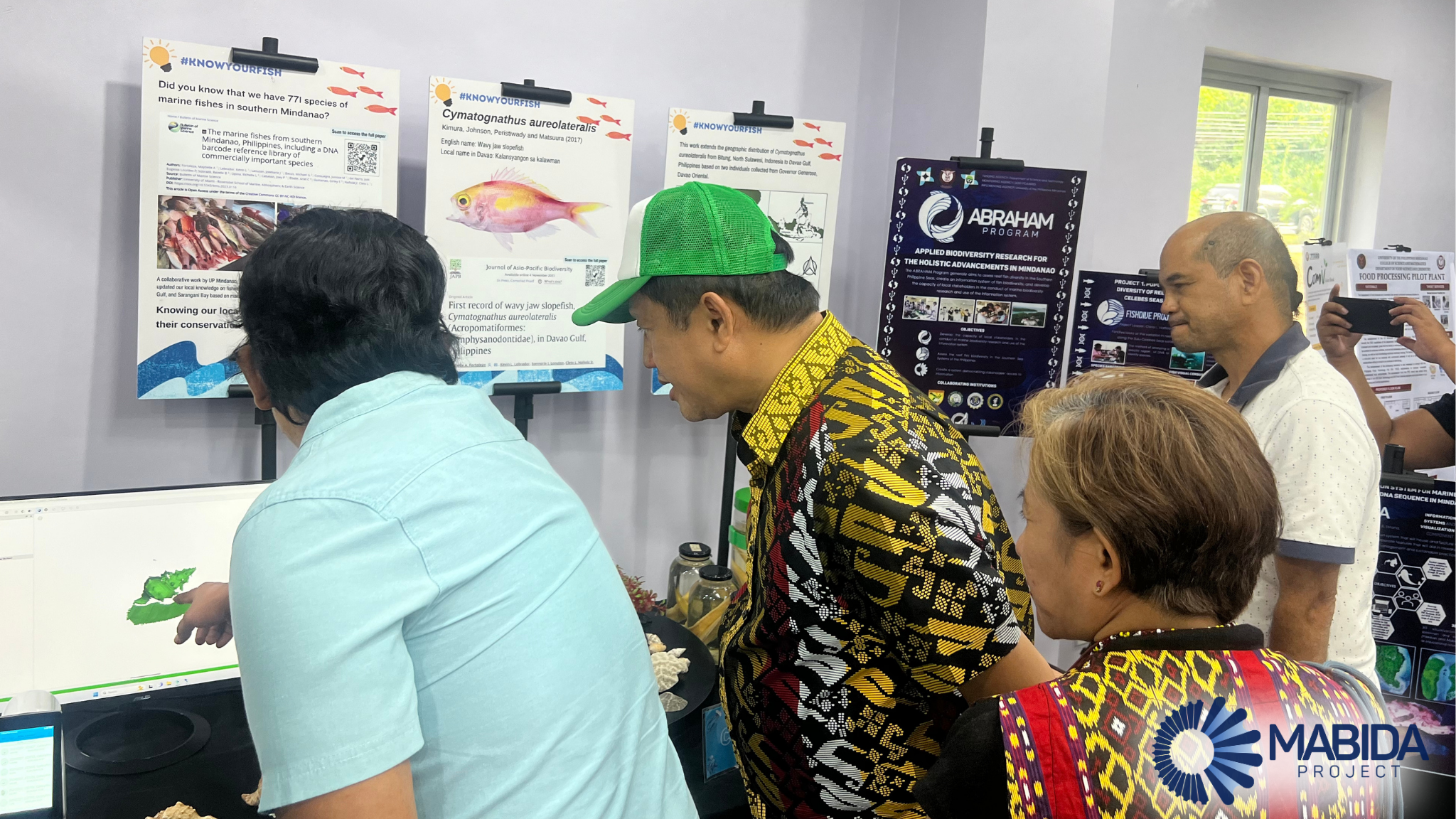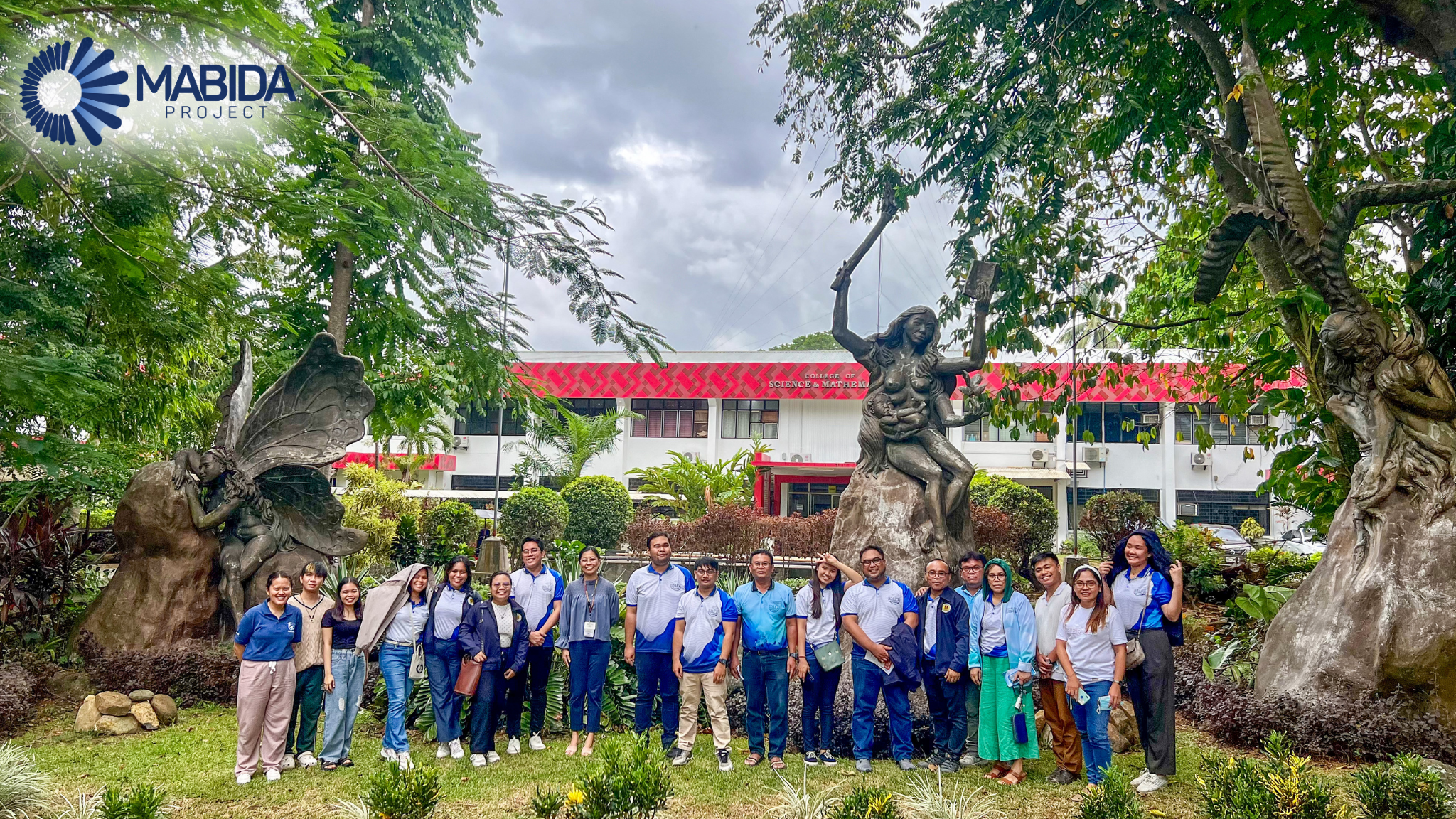
NEMSU and MABIDA Team Explore Collaborative Opportunities for Marine Biodiversity and Data Sharing
Written by Irene Faith Makinano
Uploaded on Aug. 22, 2024
Lianga, Surigao del Sur — During the visit to Northeastern Mindanao State University (NEMSU) on August 22, 2024, the MABIDA team was warmly welcomed by Professor Amor Rojas-Salinas, Chair of the Marine Biology Program. The meeting focused on exploring potential collaborations and future opportunities to enhance marine research and conservation efforts in the region.
NEMSU-Lianga, recognized for its specialized Fisheries and Marine Sciences programs, expressed a strong interest in partnering with the MABIDA project. A key outcome of the discussion was the shared objective of contributing data from Surigao del Sur to the MABIDA platform. Professor Rojas-Salinas highlighted the significance of this initiative, emphasizing that sharing marine biodiversity data from the region is crucial, especially given the current lack of sufficient studies or data.
This partnership presents a valuable opportunity to elevate the recognition of Surigao del Sur's marine ecosystems, which are rich yet under-researched. The collaboration with MABIDA aims not only to spotlight the area's biodiversity but also to underscore the role of innovation and technology in facilitating access to essential data. By making marine data more accessible, the partnership seeks to inspire further research and conservation initiatives, benefiting both local and international scientific communities.



